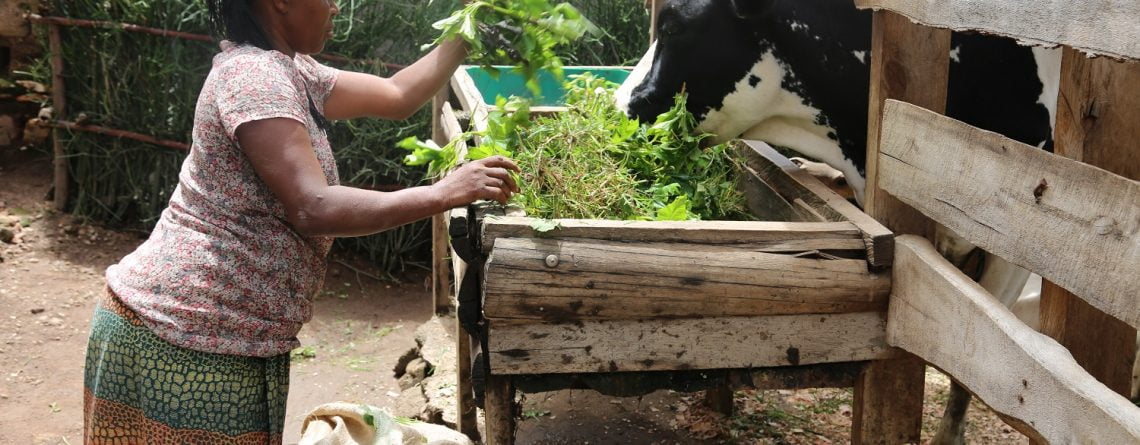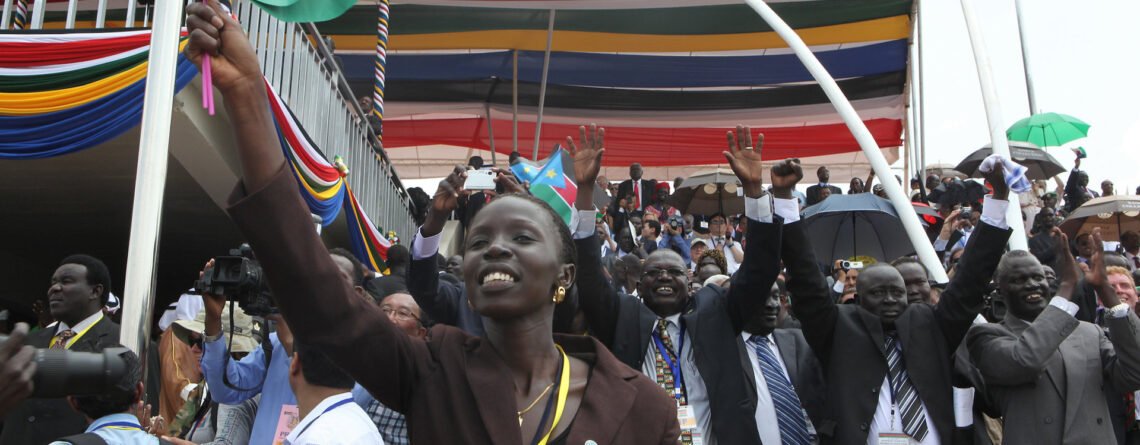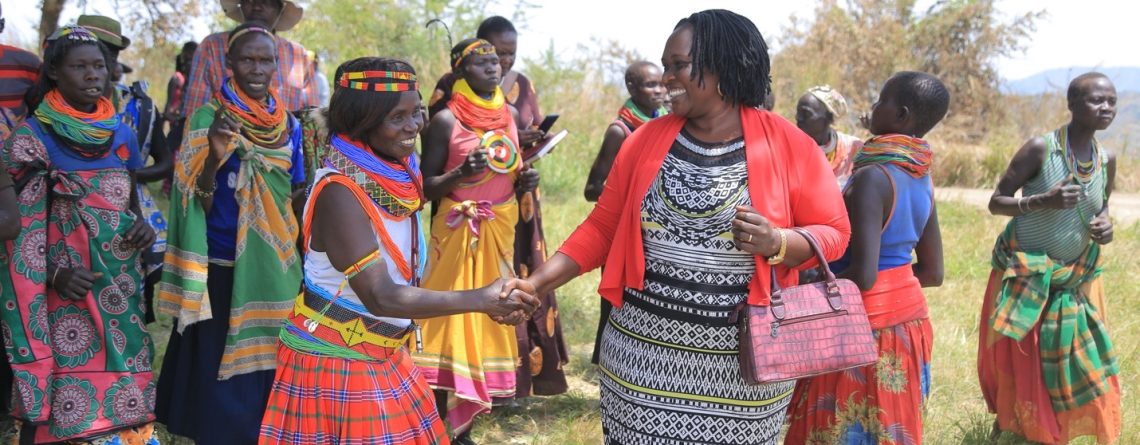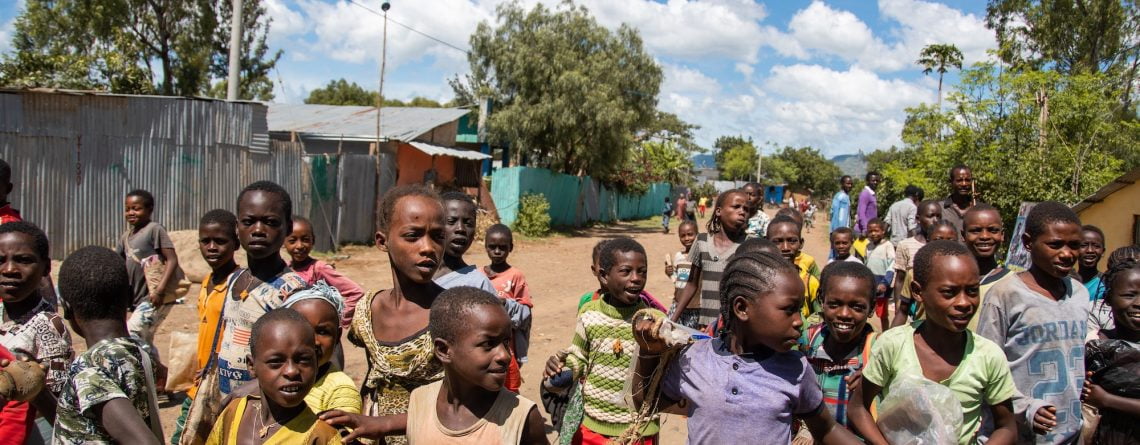Artificial Insemination in Dairy Cattle, a Technology Tool for Genetic Improvement, and Increased Milk Production in the Rwandan Context
In Rwanda, the livestock sector, especially dairy cattle farming, contributes substantially to food and nutrition security, poverty reduction, and farmer income generation. Despite successes in cattle production systems, farmers and technicians encounter several challenges that impede the full expression of cattle’s performance. The main hindrances to full expression are inadequate cattle breeding management (including genetics...

